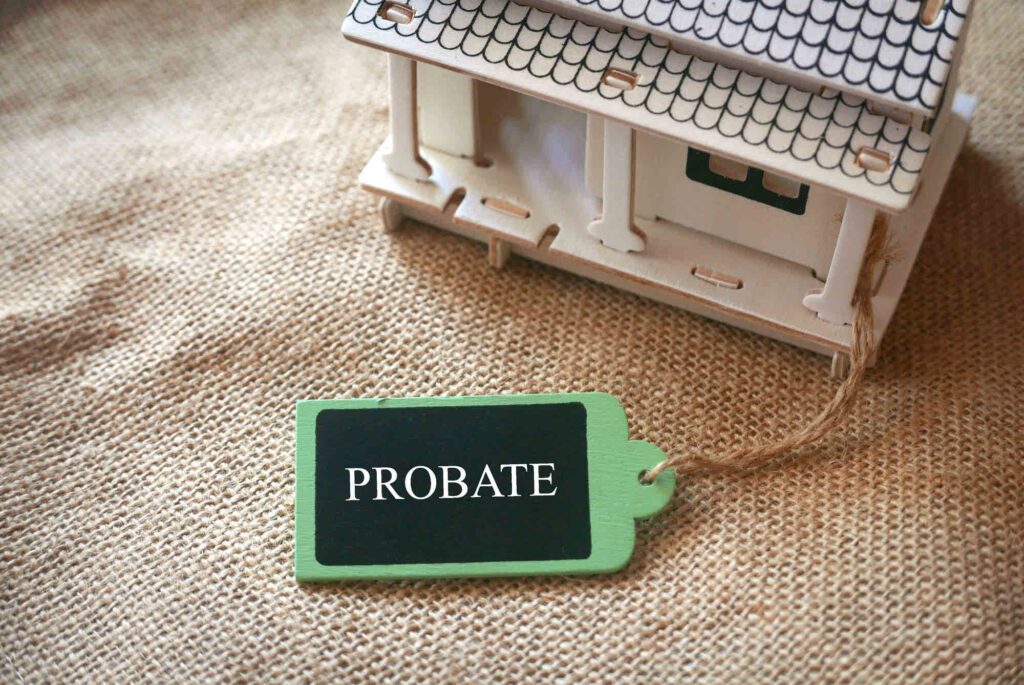Being served with legal documents can feel overwhelming, particularly if you are unfamiliar with legal procedures. However, understanding your rights and responsibilities can help you navigate the process with more clarity and confidence. It simply marks the beginning of a formal process designed to resolve a dispute.
In Victoria, the steps you take after being served are very important. Below, we explain what it means, what to look out for, and what happens if you do nothing.
1. What does it mean to be served?
Being served means you have been officially given legal documents that require your attention. These documents may include a summons, subpoena, notice of hearing, or other legal papers. They are part of a structured legal process, not a sign of wrongdoing.
The most important thing is to remain calm, carefully read what you have received, and take note of any instructions or deadlines.
2. What should you look out for?
Legal documents often contain critical information and strict time limits. Take the time to thoroughly review the documents.
Key points to consider:
- Court Documents: If you have been served with court documents, such as a summons or application, check the court date and instructions on how to respond. Legal documents often contain specific instructions or court orders that must be followed precisely. Non-compliance can lead to serious consequences.
- Deadlines: Pay close attention to deadlines and time limits. Legal proceedings often have strict timeframes that begin from the date you were served. It is crucial to note the date you received the documents and act promptly.
3. Determine the type of legal documents
The next steps depend on the type of documents you have received. Common examples in Victoria include:
- Summons: A notice that a case has been filed against you and that a hearing date has been set. You must respond within the timeframe stated.
- Subpoena: An order requiring you to provide documents or attend court. Compliance is compulsory unless successfully challenged.
- Notice of Hearing: A document that sets out the date and time of a court hearing. You may be required to attend as a party or witness.
- Writ of Execution or Default Judgment: A document showing that a judgment has already been made against you and steps are being taken to enforce it, such as seizing property or garnishing wages.
4. What happens if you do nothing
Failing to respond within the specified timeframe can result in serious consequences. The Plaintiff or Applicant may apply to the Court or Tribunal for a ‘Default Order,’ such as an order in default of a defence.
Consequences may include:
- A Default Order can be enforced through various methods, including bankruptcy proceedings or a warrant to seize personal property.
- Default Orders are recorded on your credit profile, potentially affecting your financial standing.
- If a hearing date has been allocated, you are expected to attend. Failure to attend may result in the matter being dealt with in your absence, and the Court may make a determination without your input.
5. Keep Detailed Records
It is important to gather and preserve evidence that may support your case. Examples of useful documents include:
- Contracts or agreements
- Emails, letters, or text messages
- Financial records (e.g., invoices, receipts, bank statements)
- Photos or videos
Seeking legal advice as early as possible is crucial to ensure you receive proper guidance on whether to defend the claim and how to proceed.
Final Thoughts
Being served with legal documents is the start of a process, not necessarily a sign of wrongdoing. The most important steps are to:
- Stay calm.
- Read the documents carefully.
- Take note of deadlines.
- Seek legal advice promptly.
At Ferraro & Singh Lawyers, our litigation team can guide you through every step. Contact us on (03) 9311 8911 for tailored advice on your situation.
Disclaimer: The above information is general in nature only and should not be considered legal advice. Every situation is unique, and you should obtain legal advice specific to your circumstances.





